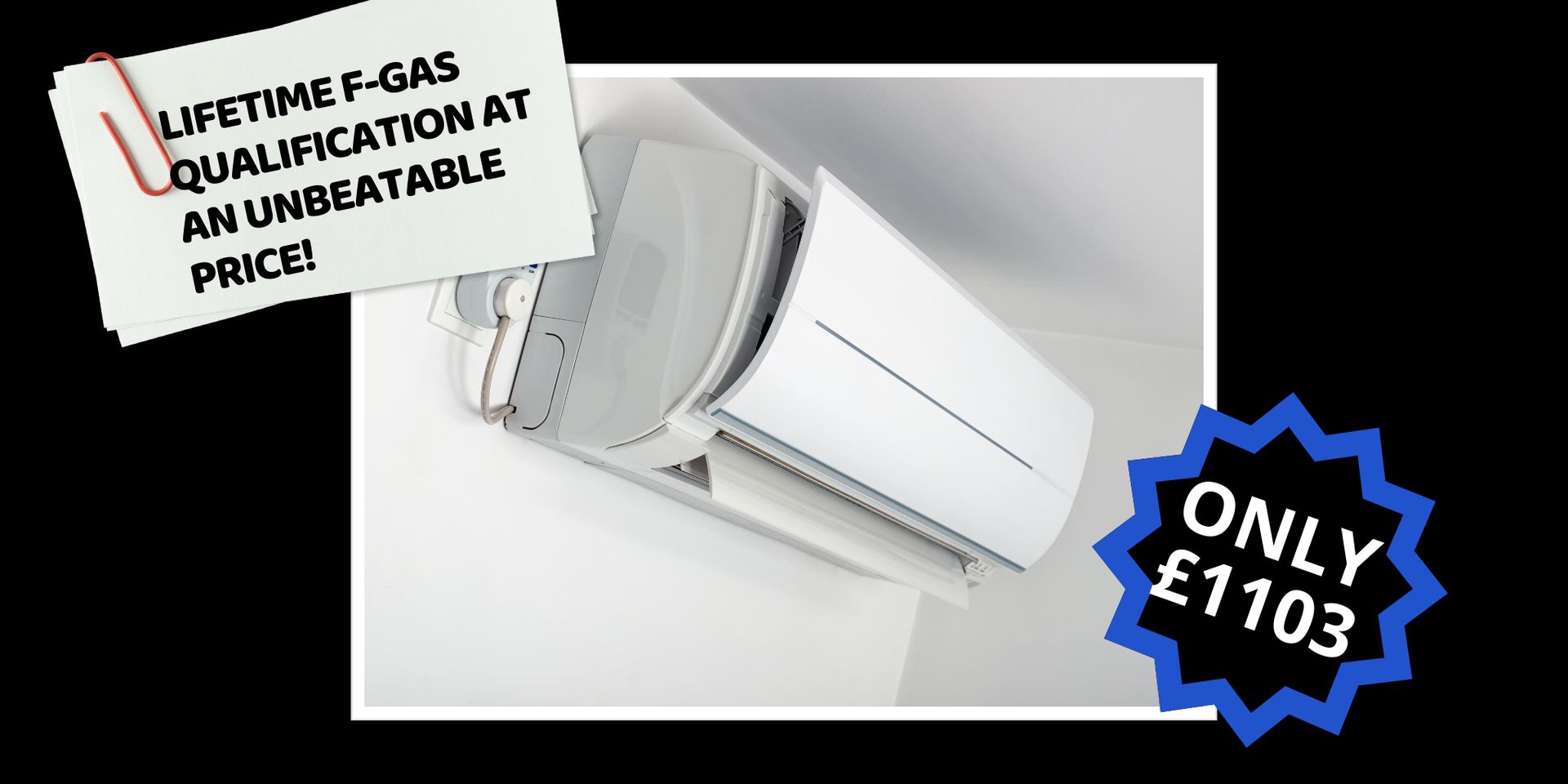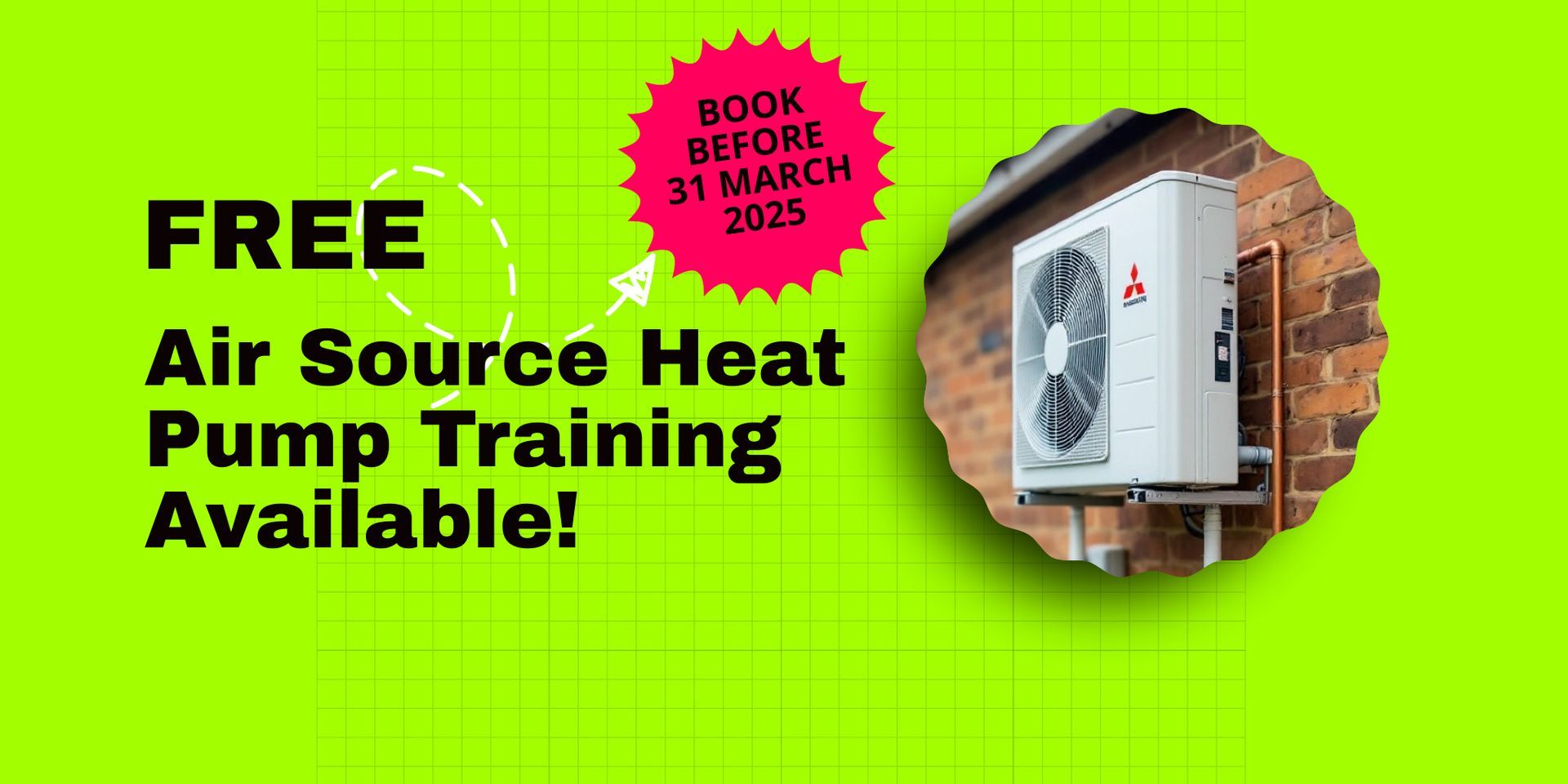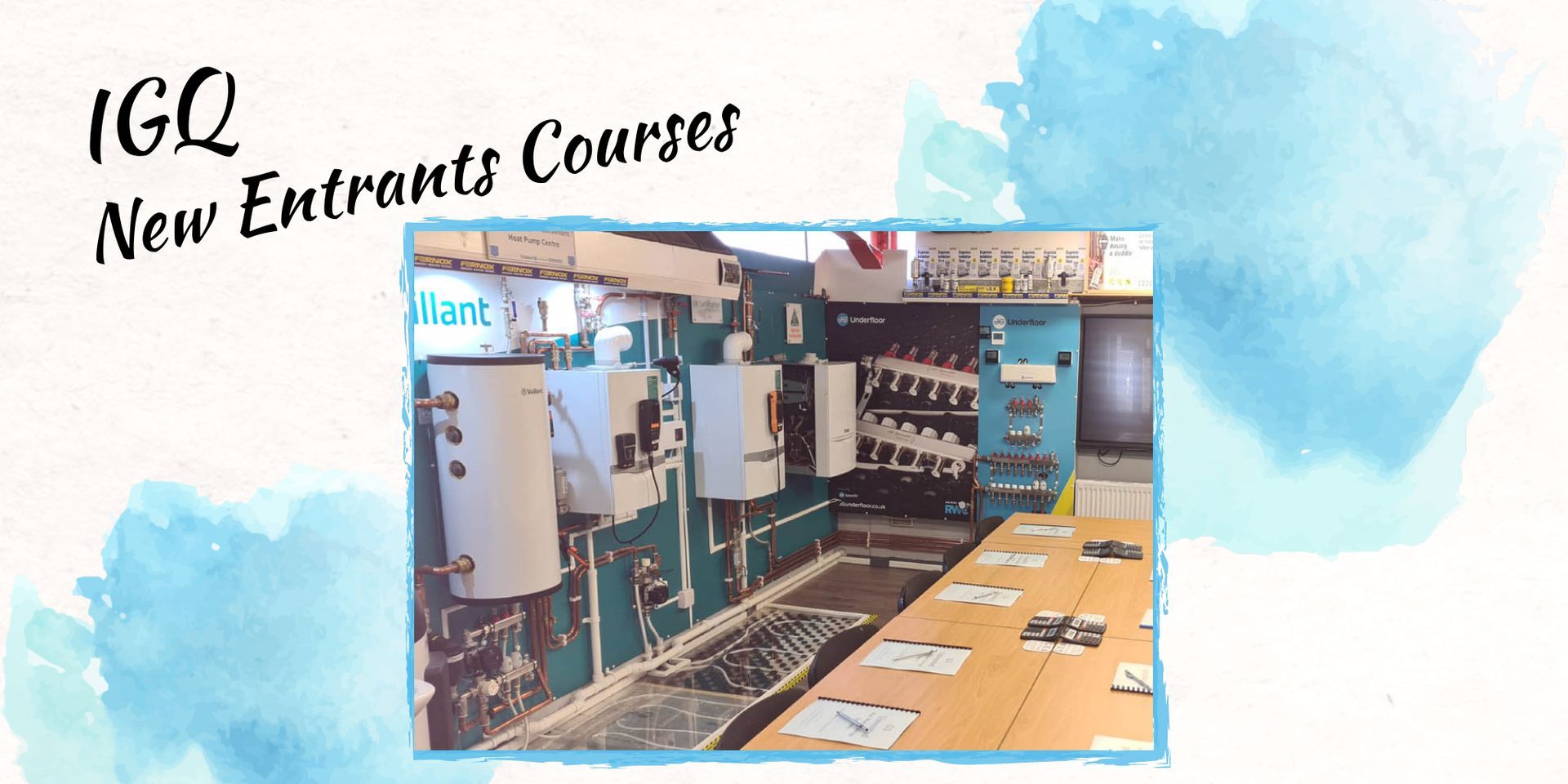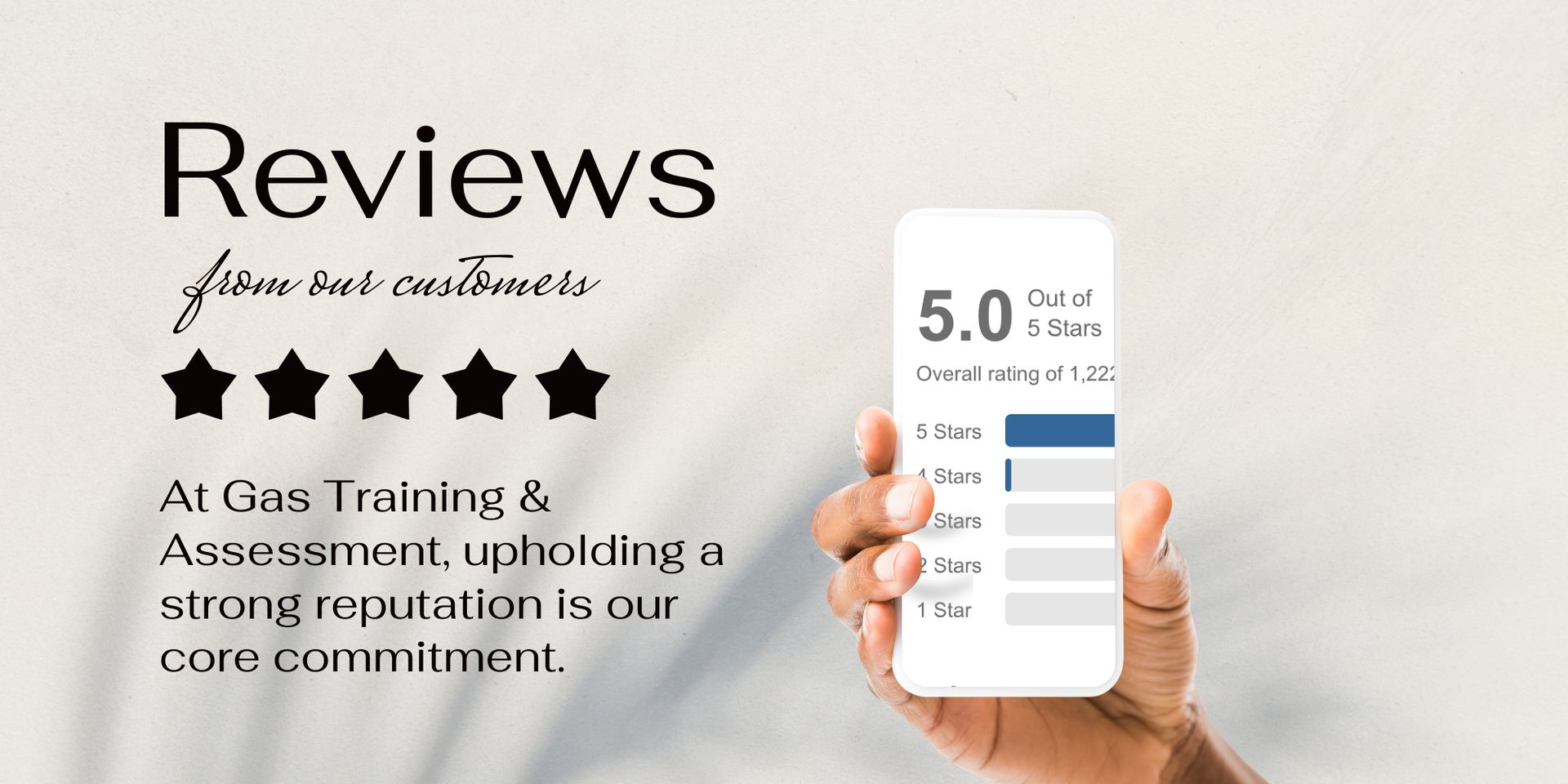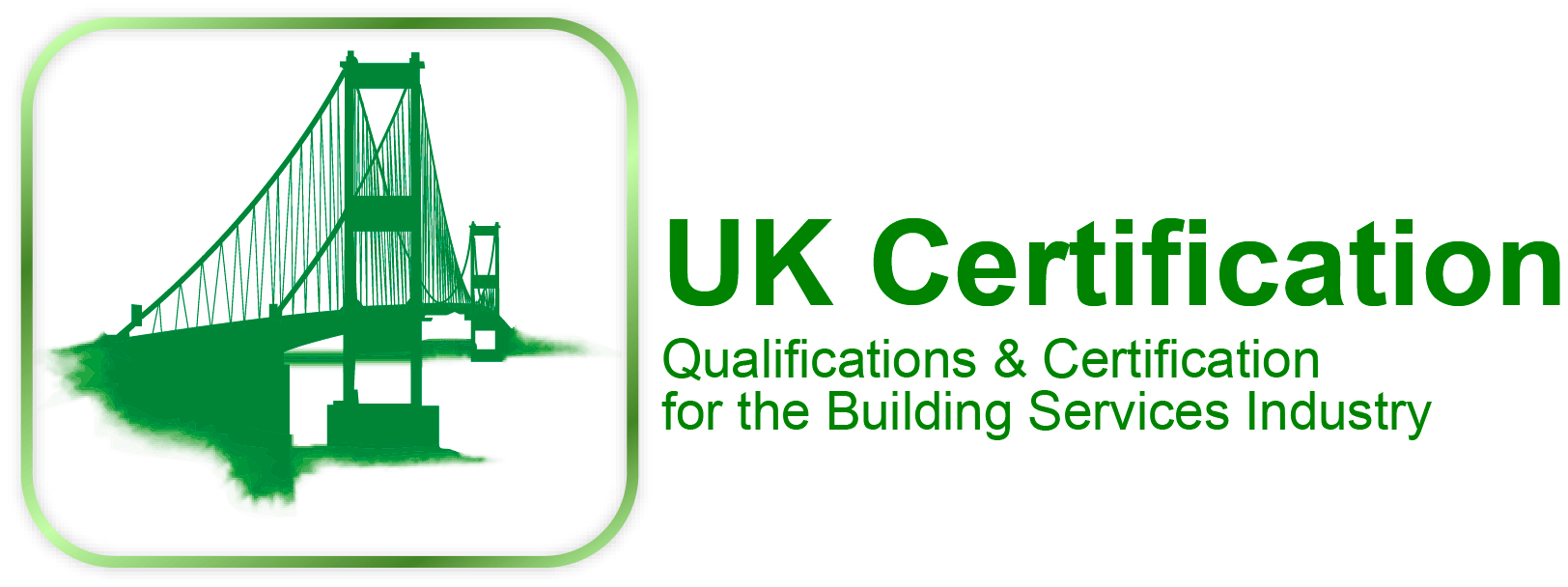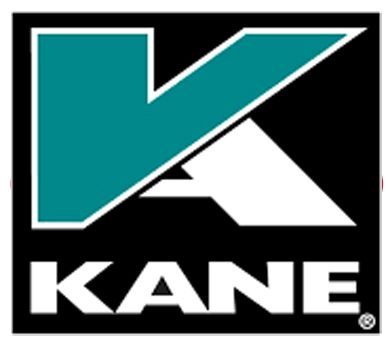Frozen or blocked condensing pipes
Are you concerned about frozen or blocked condensing pipes? Our top tips to avoid issues during the colder months.

No time to read, then listen below:
Are you worried about frozen or blocked condensing pipes this winter? Want to know how to avoid issues or solve problems without the need of a plumber or gas engineer?
Then read on!
What is a condensate pipe?
Condensing boilers have an additional pipe which carries away the waste water that forms during the condensing process. This plastic pipe drains the water into a property’s drainage system.
Prolonged periods of freezing weather can lead to the plastic pipe to freeze, which leads to issues with your boiler. Not what you want when it’s cold outside!
What happens if your condensate pipe freezes?
If the temperature has dropped below freezing and your boiler has inexplicably stopped working, chances are it is because your condensate pipe has frozen.
It’s fairly easy to determine:
- Is part of your condensate pipework outside?
- Can you hear a gurgling noise coming from the boiler?
- Does your boiler’s digital display have an ‘EA’ error code?
If you have frozen or blocked condensing pipes, don’t worry! You can usually thaw them quickly and safely without having to call in the professionals.
How to defrost frozen or blocked condensing pipes
- Look for a white plastic pipe connected to your boiler – it should lead out to an external drain
- Find the blocked part of the pipe – this will often be at a dip or bend
- Carefully pour warm water along the pipe – never boiling as it could cause the plastic pipe to crack
- Alternatively, you may want to hold a warm cloth, hot water bottle or heating pack
- Once the pipe has defrosted, reset your boiler – it should now work without issue
Protect your pipework from further issues
Ideally you don’t want to wait until your condensate pipe freezes to then fix it. It takes just a few simple steps to minimise the risk of frozen or blocked condensing pipes:
- Turn the heating control on your boiler to maximum for as long as is needed
- Install a drain cover to protect the pipe end
- Insulate any external pipework using foam pipe insulation
Please bear in mind that by turning the heating up, your radiators will be hotter and as such, your energy bills will increase. We recommend only doing this when the weather is cold enough to warrant it.
Freeze protection kits are available to buy, which are quick and easy to fit. Alternatively, you can contact a heating engineer to insulate your condensate pipe – just be aware that you will be charged a fee for this service.
We hope you found our article, ‘Frozen or blocked condensing pipes?’ informative. Here at Gas Training & Assessment we wish you a very happy Christmas and a toasty warm winter!


